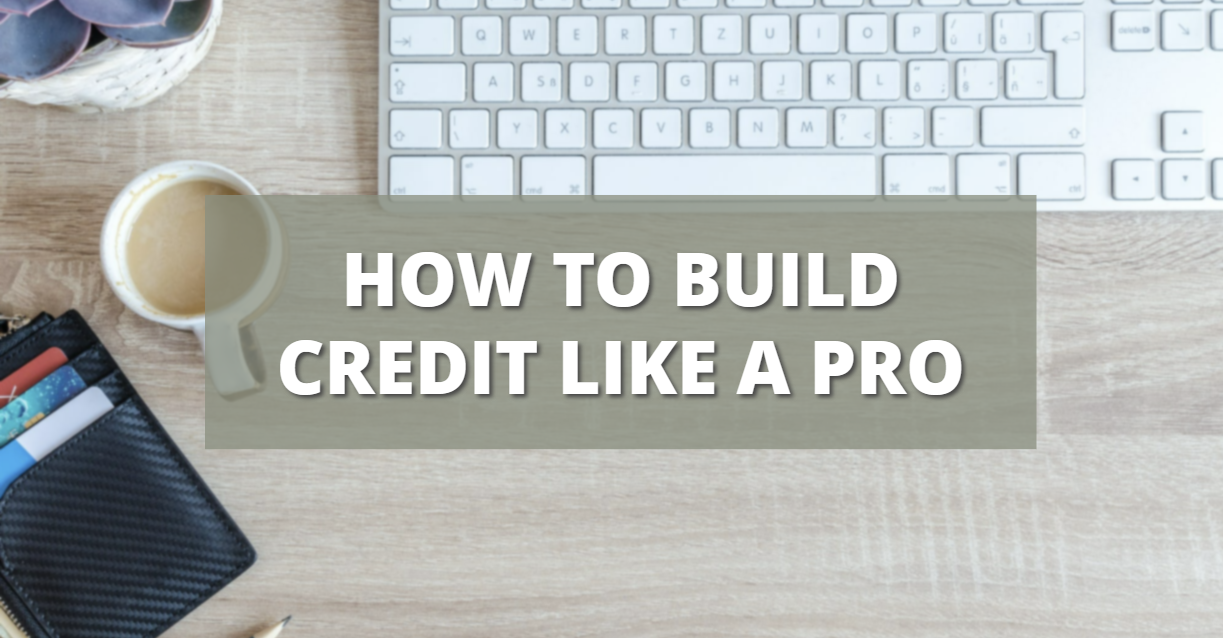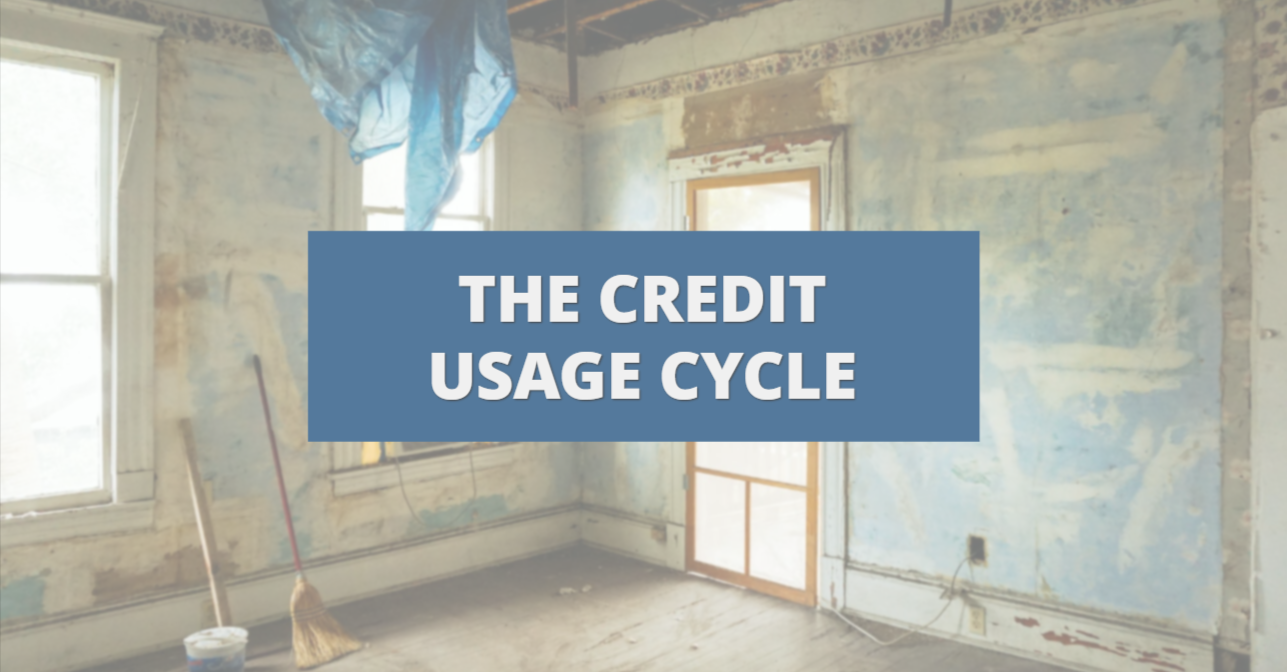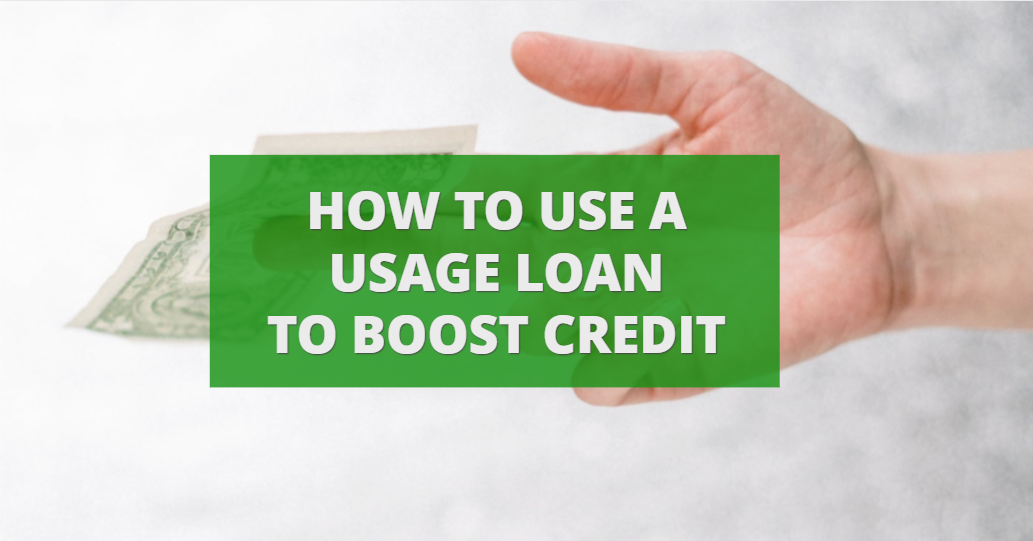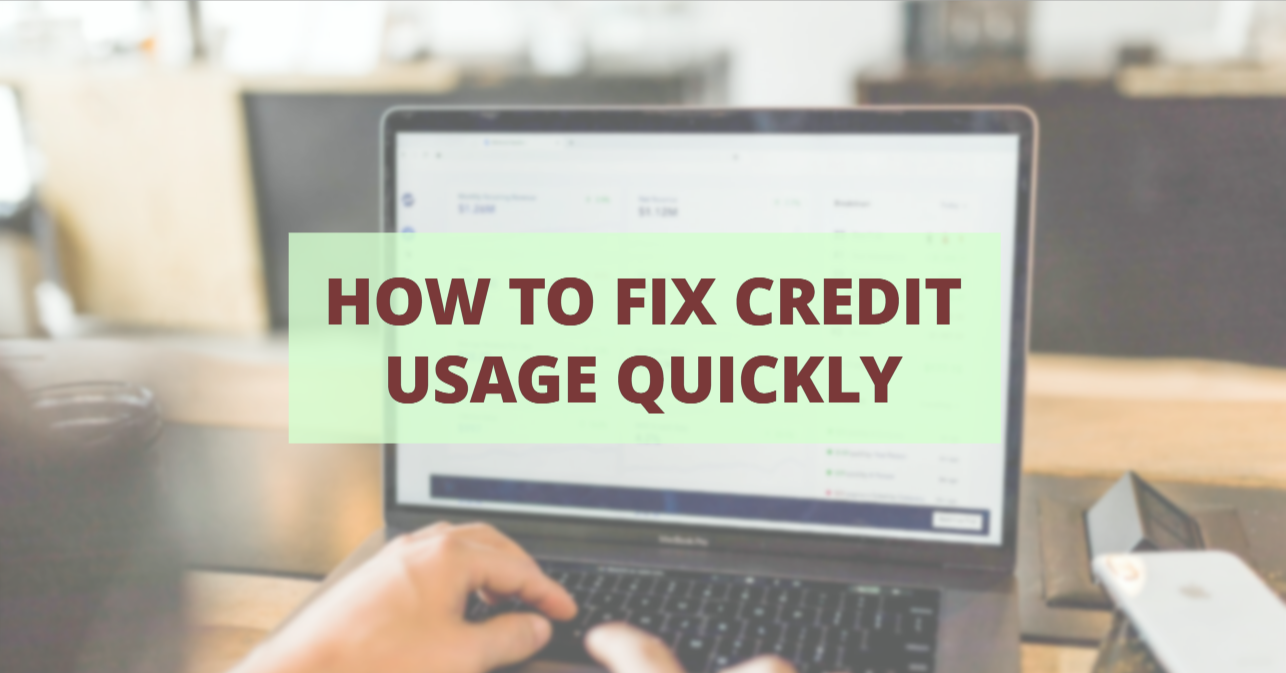Does your credit score need some CPR? We have a 911 loan that can boost credit scores overnight.
In the current economy, credit scores are one of the primary determiners in whether or not you get a loan. Previously, there were more loans available for people with lower scores. More flexibility meant a larger safety net.
However, currently people with low scores are struggling to find loans.
If you do manage to get a loan, your credit score will likely affect your rates, terms, etc.
Essentially, a good credit score can make you money. But a bad credit score can burn a hole in your pocket.
What is a Credit Score 911 Loan?
A Credit Score 911 Loan essentially comes in and pays off your credit card. It moves that balance to a non-reporting loan.
This lets your credit score skyrocket the moment the next report is processed.
This loan also moves quickly. We can work through the process efficiently on our end, meaning you could see results in as little as two weeks.
Should You Get a 911 Loan?
If your credit score needs an overnight boost, the first thing to do is figure out why your score is low.
Typically, it’s due to one of two reasons:
- You haven’t paid on time
- You have a usage issue
If you haven’t paid your bills on time, then unfortunately, there isn’t a quick fix. You’ll just need to heal your score slowly over time.
However, if you have a usage issue, then you’re in luck!
Credit Usage Explained
Credit usage measures the percentage of your total allowed balance you use each month.
For example, if your usage limit is $10,000, and you’re frequently using $7,000 of that, you have 70% usage.
Ideally, FICO wants to see you using about 20%-30% of your available credit. Any higher than that, and you become riskier for banks.
Especially when you’re beginning as a real estate investor, it can be so easy to rack up the usage: getting supplies at Home Depot, paying contractors, etc. with your personal credit cards.
When that usage percentage goes up, your score goes down.
When your score goes down, your costs go up.
That’s where a Credit Score 911 Usage Loan comes in to pay down that debt and boost credit scores overnight.
What’s Next?
If you’re wondering if a Credit Score 911 Loan is right for you, what steps should you take?
- Look at sites like Credit Karma or TransUnion. See where your score is at, and run simulators to see what would happen if you paid off certain credit cards.
- Consider the qualifications for a 911 loan. Are you paying on time? Do you need to fix the problem quickly?
If you’re ready to take the next steps or have questions, reach out to us at Info@TheCashFlowCompany.com.
We’re always happy to talk you through a 911 loan, how it can pay down debt, and how you can set up your business to avoid this problem in the future.










